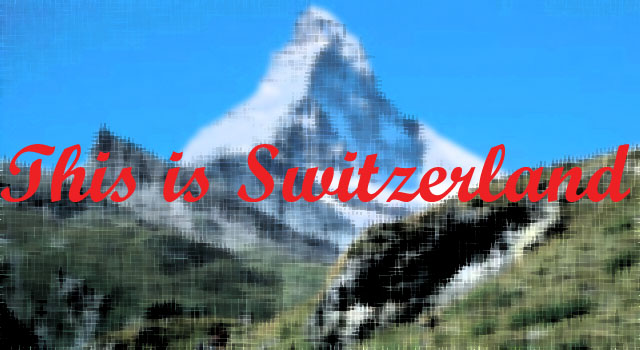
Switzerland is divided into 26 cantons, whose borders often mark religious and linguistic areas. Most cantons were created with either a Protestant majority (like Geneva and Zurich) or a Catholic one (like Valais, Fribourg and Lucerne). Where two communities share the same territory, cantons are divided into half-cantons. For example, Basle City (Protestant) and Basle Country (Catholic). Mentalities vary greatly, according to factors such as religion, language and whether people live in town or the country. Thus, people from rural, Catholic, German- speaking cantons have a very different mentality from those living in Geneva.
In Catholic, rural areas, people are not inhibited at all to spend their money for expensive cars or Texas-sized houses, and feel a duty toward their family at large. Corporate paternalism and nepotism are seen as values. Family and quality of life tend to be rated higher than profit, especially when people have worked hard enough above basic needs to be wealthy by their community’s standards. Those who build corporate empires are seen as lacking common sense, and the point of piling up many times more money that one can use is not understood. These differences in Weltanschauung exist even among people who are not religious in the least.
The work ethic is strong throughout Switzerland, but the reasons for this vary. In Protestant cities like Zurich or Geneva, the driving force is morality, the conviction that only those who work hard will be redeemed (read Max Weber), whereas in rural and Catholic cantons, where poverty ruled only 50 years ago, working hard has always been the only way of surviving for the mountain peasants. Today, people are much better off, but the ethic of hard work remains strong.











